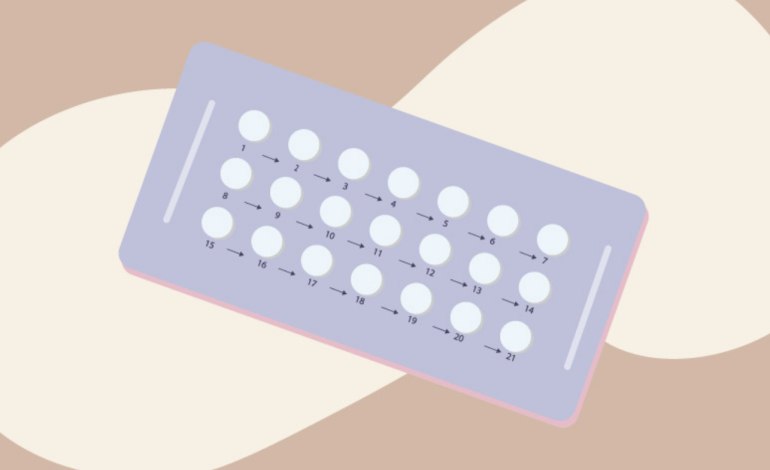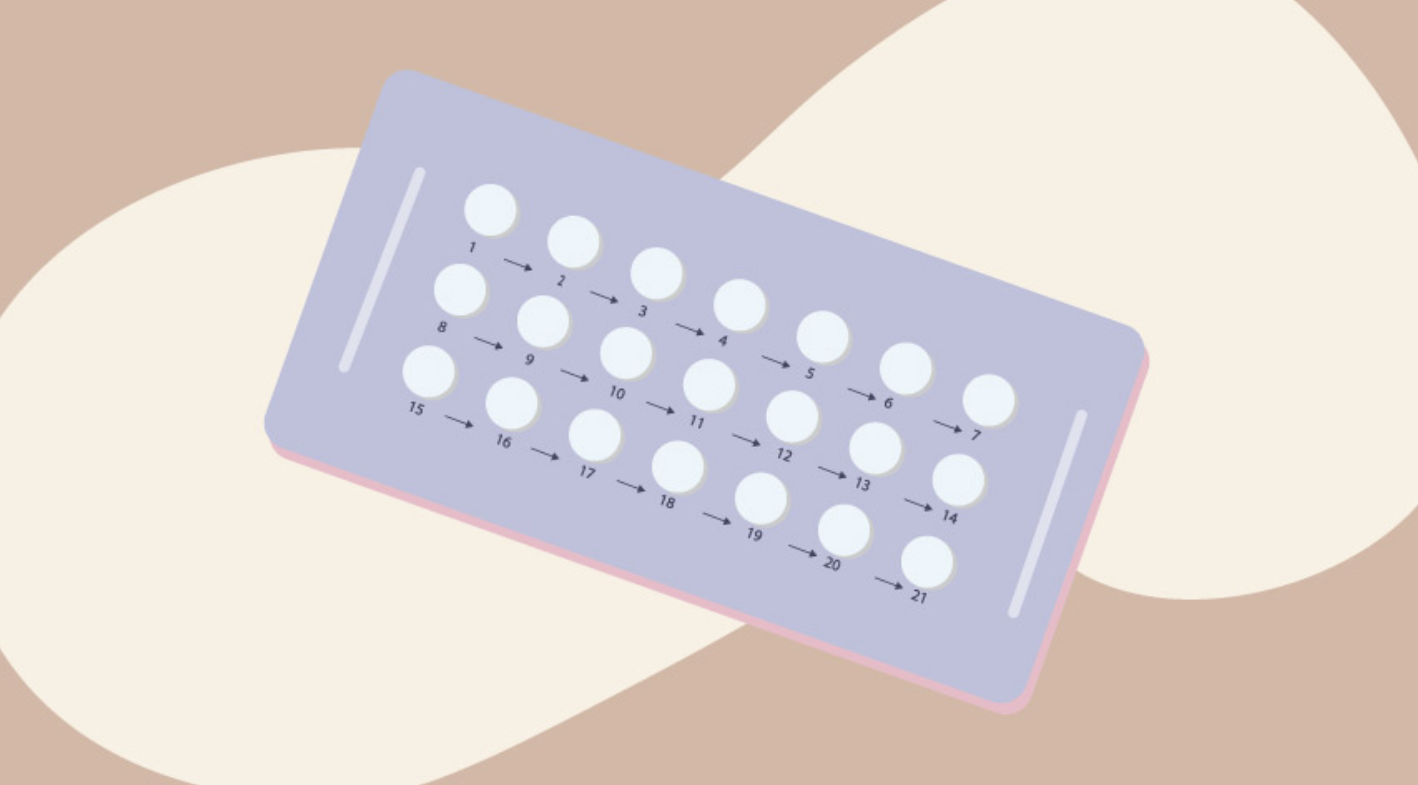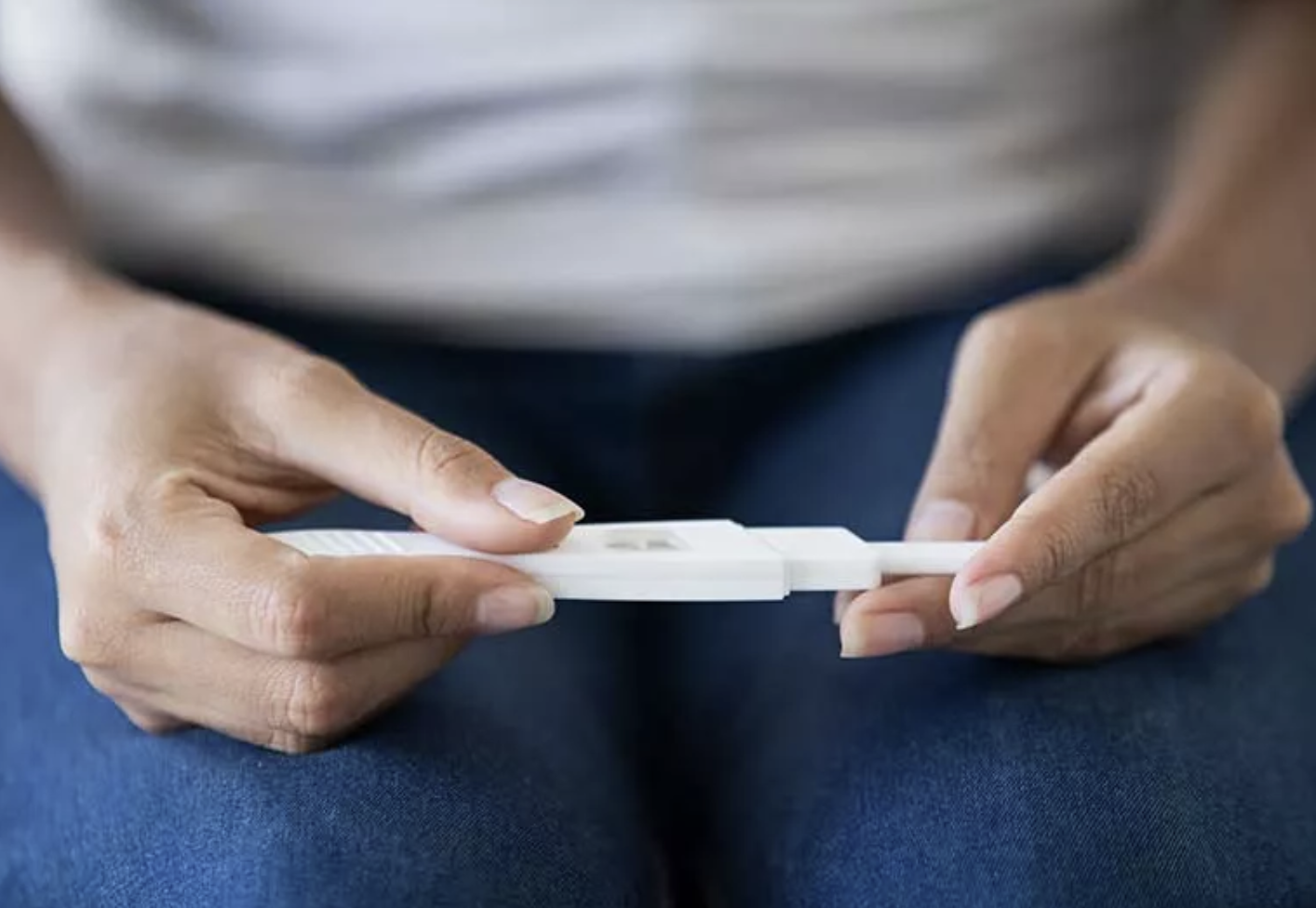
How Birth Control Affects Your Period

Hormonal birth control (like the pill, patch, ring, shot, implant, and hormonal IUD) and the non-hormonal IUD can affect your period in different ways. Depending on the method you choose, your period might become lighter or heavier, occur more or less frequently, or even stop altogether. While these changes can seem concerning if you’re not on birth control, they’re actually normal and safe when they happen because of birth control. Whether you’re choosing a new method or trying to adjust to your current one, here’s what you need to know about how birth control affects your period.
Is it dangerous if my period becomes irregular or disappears on birth control?
It’s completely normal to have an unpredictable or even absent period while using birth control, and it’s not harmful. These changes are just side effects of the hormones or materials in birth control, which work to prevent pregnancy but can also impact your cycle. These changes don’t increase your risk of STIs or affect your future fertility. In fact, lighter or no periods can actually be healthier for some people, such as those with anemia (low red blood cell count), as reduced bleeding helps their body recover. Plus, some forms of birth control can lower your long-term cancer risk.
How will birth control affect my period?
The way your period changes depends on which birth control you use. Hormonal methods tend to make periods lighter, but they might cause bleeding to be irregular at first. Non-hormonal methods, like the copper IUD, may make your period heavier. Here’s what you can expect from different methods:
The pill, ring, and patch
- During the first few months: You’ll likely have a light period once a month, typically during the placebo week (or during the off time between the patch or ring). Spotting between periods is also common.
- After the first three months: Your period will usually become more predictable and lighter, happening only during the placebo week or off time.
- Pro tip: If you use the pill, ring, or patch continuously (without taking the placebo week), you might not have a period at all or just experience very light bleeding now and then. This is perfectly safe.
Hormonal IUDs or implant
- During the first few months: It’s normal to have irregular bleeding or spotting that’s difficult to predict. Sometimes it may last longer than a regular period.
- After three months: Your bleeding will likely remain light, and sometimes your period may stop altogether. Many people find that after using an implant for a while, they’re happier with their bleeding pattern. After three or more years of continuous use, about half of people with a Mirena or Liletta IUD stop having periods completely.
The shot (Depo-Provera)
- During the first few months: Spotting or light bleeding that’s unpredictable is common.
- After three months: Most people experience lighter periods, or their bleeding may stop entirely. By six to twelve months, about half of people using the shot have no bleeding at all.
The copper IUD (no hormones)
- During the first few months: Most people experience heavier periods with more cramping. However, the timing of your period should stay the same if you had regular cycles before.
- After three months: After six months, most people report their bleeding is the same or lighter than before.
Methods used only at the time of sex (like condoms, spermicide, or the pull-out method)
These don’t affect your period at all.
Everyone’s body reacts differently to birth control, and it’s okay to have different experiences than the ones described above as long as they’re not bothering you.
What if I don’t like how my period is affected by birth control?
While changes in your bleeding are generally safe, they can sometimes be annoying. If your bleeding pattern is bothering you, here are a few options to consider:
- Wait it out: It can take a few months for your body to adjust to a new birth control. Many people find that their bleeding patterns improve after that initial adjustment period, so if the rest of your birth control is working well, it might be worth sticking with it.
- Talk to your provider: If the bleeding is still bothering you, your provider may suggest a different brand of your current method or recommend something new. They might even suggest medications to help manage your bleeding.
- Switch methods if needed: Don’t feel stuck with a method that doesn’t work for you. If you’re fed up, it’s totally okay to switch to another form of birth control. There are plenty of options to explore.





